🥜🥜
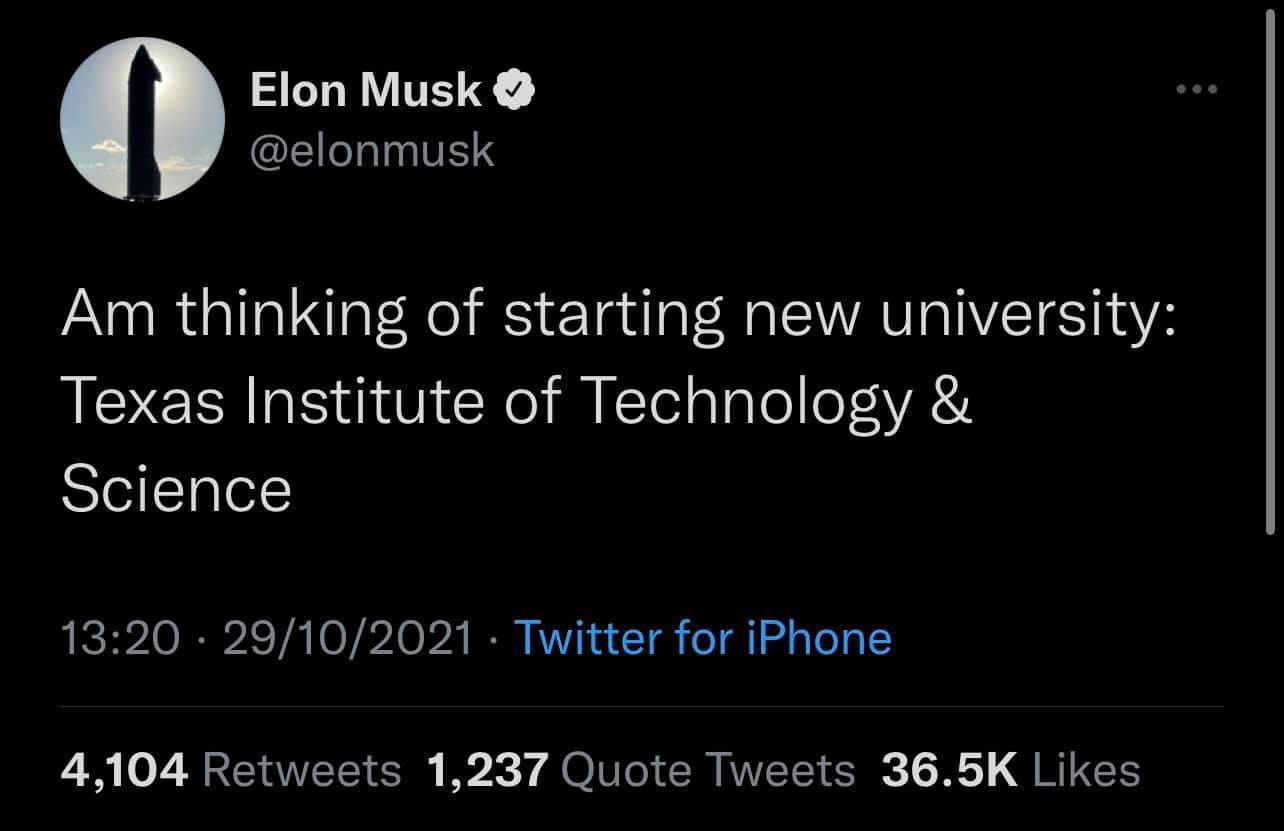
🥜🥜

Hottest new tech brand in India: Realme announces its first smartwatch and TVs! Realme’s explosive performance in India has made it one of the fastest growing smartphone brands in the world, and today the company is expanding into the nebulous “lifestyle tech” market with products in new categories. First up is Realme’s first smartwatch, imaginatively called the Realme Watch. It has a square design with a 1.4-inch 320x320 LCD display and runs what appears to be a custom version of Android. It can display notifications, control music, hang up phone calls, and do other typical smartwatch things. Realme is claiming 7 to 9 days of battery life from the watch, or 20 days in its power-saving mode. After my experience with the new watch from technological stablemate Oppo, though, I’d want to check that claim for myself. Realme’s watch has much of the same functionality as the fitness band that the brand launched in March, including a heart rate sensor, sleep monitoring, and the India-targeted cricket-tracking mode. The larger screen makes this look more like a Fitbit-style watch, though, and the bands are easily removable if you want to switch up the style. The Realme Watch will cost Rs. 3,999 (~$50) and will be available from Flipkart and Realme.com on June 5th. Next is the Realme Smart TV, a pair of Android TV sets that sees Realme follow smartphone makers like OnePlus and Xiaomi by moving into the TV market in India. There’s a 32-inch 720p option and a 43-inch 1080p model — no 4K option here, though Realme claims the sets support HDR10 and HLG, reaching up to 400 nits of brightness. They use a quad-core MediaTek processor and have Dolby Audio-certified 24W quad speakers. The TVs will go on sale on Realme’s website and on Flipkart on June 2nd. The 43-inch set will sell for Rs. 21,999 ($290) while the 32-inch model is Rs. 12,999 ($170). Other products announced today include the Rs. 2,999 ($40) Realme Buds Air Neo, a better-sounding pair of truly wireless earbuds, along with a new 10,000mAh power bank for Rs. 999 ($13). They’ll both be available today.
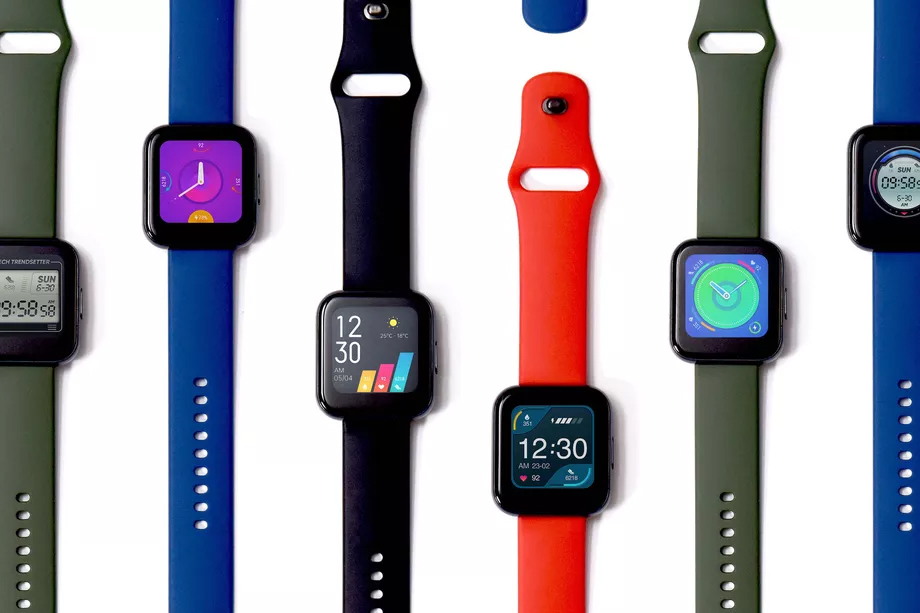
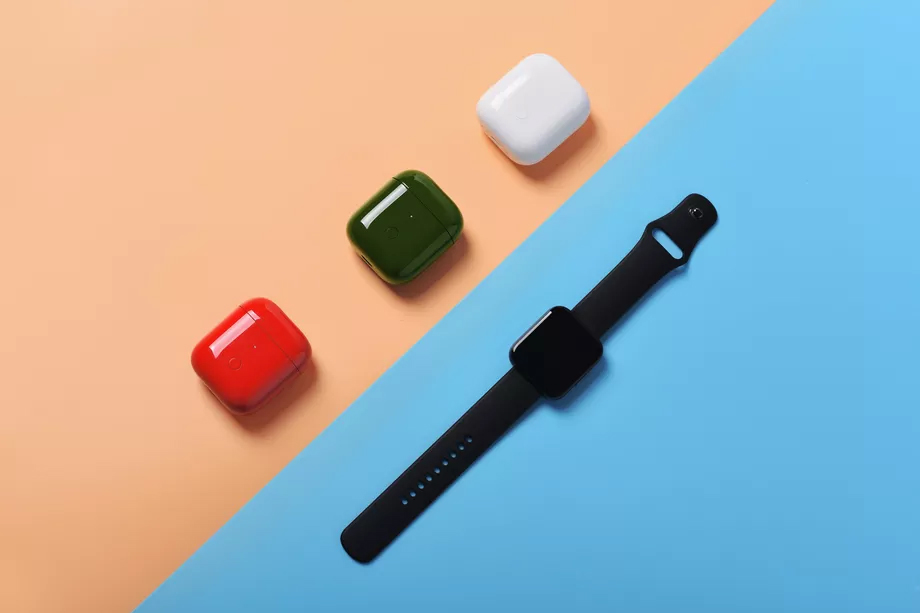

Rumor: Leaked images may show redesigned Leather Loop for Apple Watch Apple could be planning a redesign for the Apple Watch Leather Loop. A tipster shared a variety of images of a new Apple Watch Leather Loop with 9to5Mac earlier this month, and now similar images have surfaced on Reddit. The tipster who reached out to 9to5Mac indicated that the new Apple Watch Leather Loop could be unveiled as soon as next month. Apple just unveiled new Apple Watch bands in celebration of Pride Month, and further announcements for the summer and WWDC 2020 are not out of the question. Apple currently sells the Leather Loop for Apple Watch in four different colors: peacock, Meyer lemon, saddle brown, and black. The Leather Loop costs $99 and is available in medium and large sizes. Following the images we received earlier this month, a new set of images has surfaced on Reddit today, also claiming to show the new Apple Watch Leather Loop as well.
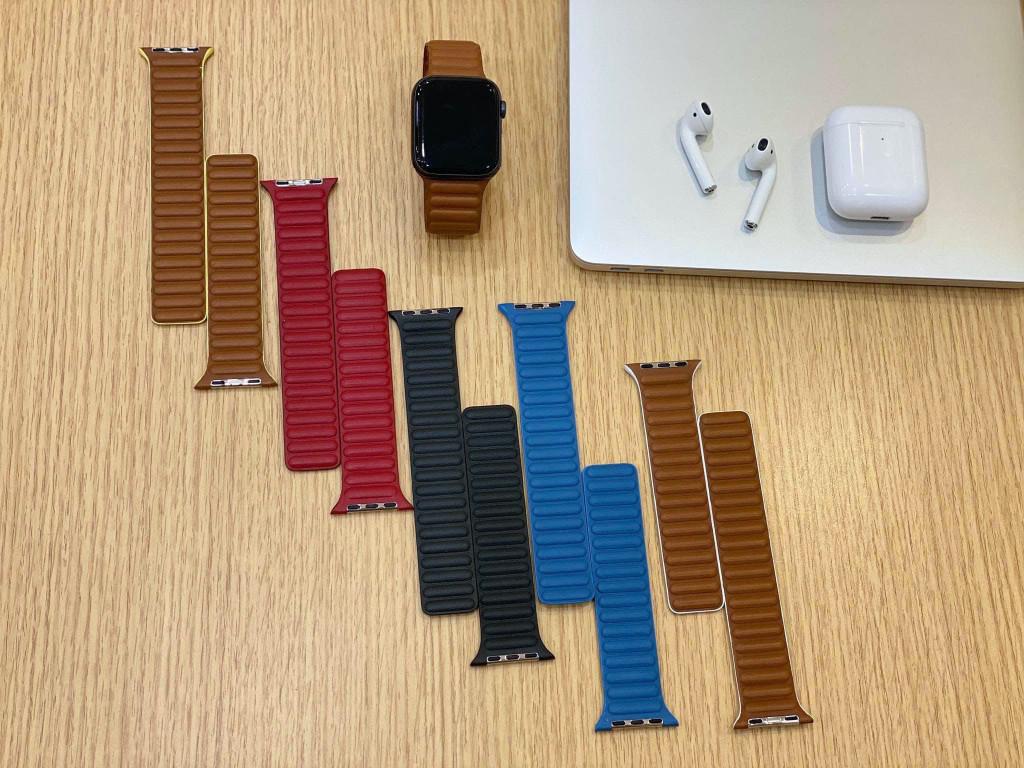
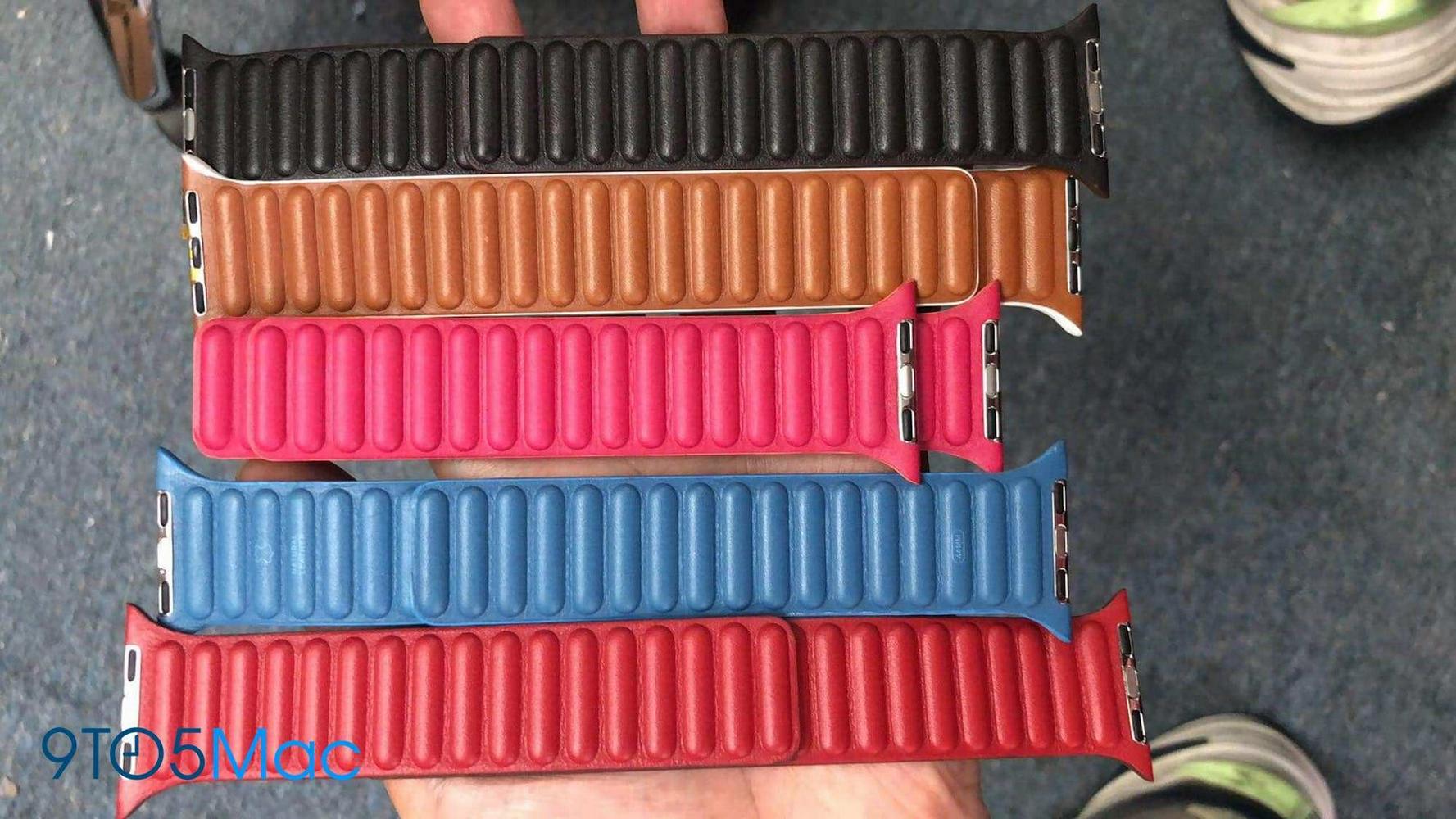
You know what? The Anti-5G USB Stick Is a Scam A lot of bullshit has been circulating about 5G lately, specifically as it relates to the novel coronavirus. To be very clear: There is no evidence that the rollout of 5G is at all connected to the origin or spread of covid-19. But that hasn’t stopped dozens of attacks on cell towers, the proliferation of cockamamie conspiracy theories, and, of course, hucksters peddling bogus anti-5G products to the scared masses. The 5G BioShield USB Key is the latest dumb device to make headlines. On its website, it’s described as creating a “wearable holographic nano-layer catalyzer” that can be used for the “balance and harmonization of the harmful effects of imbalanced electric radiation.” Basically, the device creates a holographic bubble that somehow protects you from the scary 5G waves for a bafflingly varied range of 8 to 40 meters. It is, in fact, a regular old 128MB USB stick with vaguely sci-fi words slapped onto it for marketing. Pen Test Partners, a UK-based security firm, wrote a tear-down blog of the device—as you’d expect, the stick’s supposed “quantum holographic catalyzer technology” transmitter was nothing more than a sticker. No other electronic components were found. The most disturbing thing about the USB stick—besides the fact it costs £300, or roughly $350—is that it’s been recommended by the Glastonbury Town Council’s 5G Advisory Committee, which has called for an inquiry into 5G tech, according to the BBC. You can find the recommendation and a link to this bogus device on page 30 of the committee’s final report. The report is also full of spurious 5G claims, saying that birds may fall “out of the sky dead when 5G is on” and that people could get nose bleeds or commit suicide at higher rates. (Snopes has debunked the 5G bird deaths, while health fears over 5G radiation are also unfounded.) Equally disturbing, the BBC found that the founders of BioShield Distribution show that they were previously involved in a dubious business called Immortalis that hocked a dietary supplement featuring a “proprietary procedure that leads to relativistic time dilation and biological quantum entanglement at the DNA level.” Enough said. But the anti-5G USB stick isn’t the only bogus product out there. On Amazon, you’ll find an assortment of 5G underpants. Entering “5G protection” into Amazon’s search bar will net you 9,000 results with products ranging from pills, stickers, phone cases, hats, and crystal bracelets. Querying “5G shield” will get you roughly 1,000 results, including a ridiculous maternity belly band that supposedly protects an unborn fetus from the ‘dangers’ of 5G. Is it surprising that Amazon hasn’t cracked down on these products? No. But it goes without saying that they should. So in light of the charlatans capitalizing on 5G-related coronavirus hoaxes, it bears repeating that 5G frequencies don’t present a greater risk than other types of electromagnetic radiation. These bogus anti-5G products are at best expensive placebos, and according to the New York Times, your skin is actually a pretty good barrier against higher-frequency radio waves, including 5G. So, no, no one is catching covid-19 from 5G cell towers. And those brain worms you got? It’s more likely you picked them up from Twitter.

A group for the nerds.

27 Followers
1 Followings
95 feeds
0 Followers
0 Followings
108 feeds